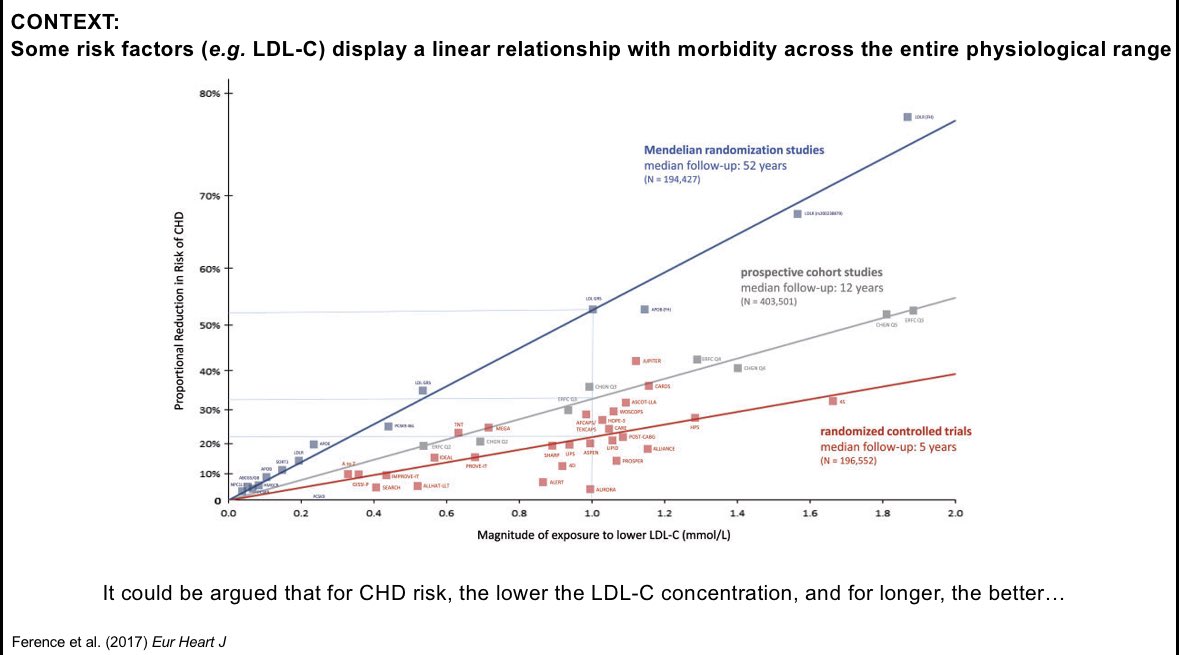Thanks for the guesses.
A: Exercise!
Group 1: Trained
Group 2: Untrained
Thread 🧵 1/9
#exercise #glucose #metabolism
A: Exercise!
Group 1: Trained
Group 2: Untrained
Thread 🧵 1/9
#exercise #glucose #metabolism
https://twitter.com/gonzalez_jt/status/1566518864132857857
Here is the original figure
Note the remarkable increase in glucose immediately after intense exercise (110% VO2 max)
So whats going on here?
2/9
Note the remarkable increase in glucose immediately after intense exercise (110% VO2 max)
So whats going on here?
2/9

Luckily the authors applied tracer methods to understand rates of appearance (Ra) and disappearance (Rd) of glucose
Whilst exercise did increase Rd (lower panel) Ra increased much more ( and even more so in trained athletes)
3/9
Whilst exercise did increase Rd (lower panel) Ra increased much more ( and even more so in trained athletes)
3/9

The reason for this is almost certainly increased liver glycogen breakdown and release.
The liver responds to a variety of stimuli to regulate glycogen synthesis/breakdown
4/9
journals.physiology.org/doi/full/10.11…
The liver responds to a variety of stimuli to regulate glycogen synthesis/breakdown
4/9
journals.physiology.org/doi/full/10.11…

With exercise, differences in glucose production are almost entirely explained by diffs in liver glycogen breakdown rather than gluconeogenesis (the production of glucose from non-glucose precursors)
So what is causing this?
5/9
cambridge.org/core/journals/…
So what is causing this?
5/9
cambridge.org/core/journals/…

A: most likely increased adrenaline (epinephrine) secretion, which was increased more in trained athletes, probably from the higher absolute intensity
6/9
6/9

Why didn’t muscle glucose uptake counteract this to mitigate the rise in glucose concentration?
Its likely that the rapid muscle glycogen breakdown led to G6P accumulation and the adrenaline did increase lipolysis. These can both suppress muscle glucose uptake.
7/9
Its likely that the rapid muscle glycogen breakdown led to G6P accumulation and the adrenaline did increase lipolysis. These can both suppress muscle glucose uptake.
7/9
I would add that it would be rare to do a 110% effort and then not warm-down at all.
With a warm-down I would expect muscle glucose uptake to lower glucose much more effectively, but that would be nice to examine with a tracer study.
8/9
With a warm-down I would expect muscle glucose uptake to lower glucose much more effectively, but that would be nice to examine with a tracer study.
8/9
• • •
Missing some Tweet in this thread? You can try to
force a refresh


















